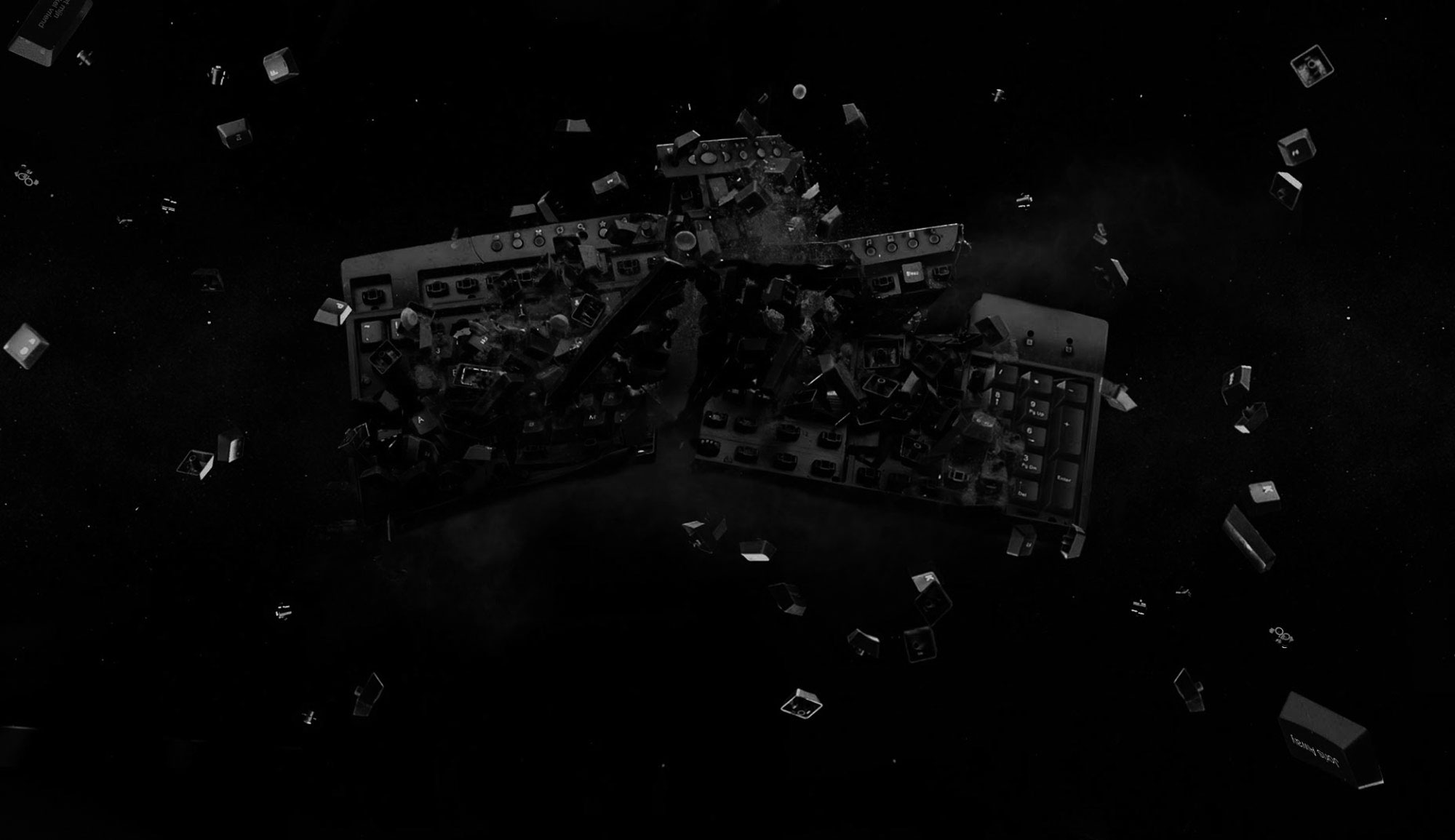Bindende leestip. EU maakt vrijheid op internet kapot in doodenge strijd tegen nepnieuws
Fatality.
Hier rust de de gedachte dat de EU een objectieve arbiter is waar het draait om het fantoomfenomeen fake news (1933 - 2018). Channel 4-journalist Martin Williams dook erin en schreef een stuk dat als volgt samen te vatten valt.
1) De EU heeft nog altijd geen idee wat fake news nu werkelijk inhoudt en waar het structureel en op een staatsondermijnende schaal verspreid zou worden.
2) De EU geeft toe dat ze in de bestrijding van fake news niet erg objectief zijn en vooral gewoon hun eigen mannetjes en instituties tegen counter narratives willen beschermen.
3) De EU zou niet schromen vergaand overheidsingrijpen in te zetten om volgens hen "websites die disinformatie hosten" hun advertentie-inkomsten te ontnemen en minder vindbaar te maken, en tegelijkertijd "gezaghebbende" nieuwsbronnen "prioriteit" te geven in tijdlijnen en algehele vindbaarheid.
De Spaanse vice-voorzitter van het Europees Parlement, Ramón Luis Valcárcel Siso, zegt in een vraaggesprek over zijn aanpak van fake news dat hij zich ervan bewust is beschuldigd te kunnen worden van het verspreiden van institutionele propaganda, maar dat "faced with division sowed by populists and nationalists, through a discourse of hatred, lies and half-truths and proven falsehoods,” the EU has “the legitimate right to defend the unity of European citizens”." Inderdaad, hier staat dus gewoon glashard dat het doel de middelen heiligt, en wel wegens het doodenge vermeende recht "de eenheid van Europese burgers" te verdedigen.
Nu is het vanuit de EU natuurlijk een kapitale vergissing Zuid-Europeanen überhaupt namens de EU over dit dossier aan het woord te laten, want die landen zijn institutioneel gezien nog altijd pre-moderne hoog tribale samenlevingen, waar waarheid en narratief een stuk meer inwisselbaar zijn dan in West-Europa. Williams concludeert dit gesprek met de observatie dat "Perhaps it’s not surprising or wrong that the EU wants to defend itself. But it does suggest that its war against fake news may not be impartial. Indeed, it seems explicitly designed to protect the EU and its institutions, and stop Eurosceptic politicians making progress in elections."
Maar het blijft natuurlijk niet bij woorden van voorgangers. De hele infrastructuur achter de EU, verdeeld over een onhebbelijk complex aantal committees, raden, stuurgroepen en commissies, wil actie. Zo blijkt bijvoorbeeld uit een - geloof ons, ze doen het erom - Communication from the Commission to the European Parliament, The Council, The European Economic and Social Committee and The Committee of the Regions genaamd Securing free and fair European elections het volgende. De EU wil dat overheden ingrijpen in het rangschikken van nieuwsbronnen, zodat "vertrouwenswaardige" outlets bovenaan komen en:
"Through this Communication the Commission seeks to promote a more transparent, trustworthy and accountable online environment (...). More specifically, signatories of the Code of Practice should agree to deprive “impostor” websites and websites hosting disinformation of advertising revenues. The signatories should also agree to (...) the development of indicators of trustworthiness of content sources, dilute the visibility of disinformation by improving the findability of trustworthy content and provide users information on prioritisation of content by algorithms."
Inderdaad, hier staat dat websites die zich volgens de EU schuldig maken aan "hosting disinformation" (HOI KUT EU GROETJES VAN GEENSTIJL) niet alleen minder vindbaar gemaakt, maar ook maar gewoon de hongersdood in ge-broodroofd moeten worden.
Uit de, komt-ie hoor, "European Commission Communication "Tackling online disinformation: a European approach", the Report of the High Level Expert Group, the Council Conclusions of 28 June 2018, and the various important initiatives taking place across Europe to address the challenges posed by the dissemination of disinformation" is vervolgens de zogeheten EU Code of Practice on Disinformation **geboren. Een document opgesteld door "Representatives of online platforms, leading social networks, advertisers and advertising industry", waarin zij de wensen van de EU 1:1 zeggen in te willigen.
"Consistently with Article 10 of the European Convention on Human Rights and the principle of freedom of opinion, invest in technological means to prioritize relevant, authentic, and accurate and authoritative information where appropriate in search, feeds, or other automatically ranked distribution channels." Een geloofsartikel verderop lezen we de oproep "Dilute the visibility of disinformation by improving the findability of trustworthy content." En u dacht misschien dat die broodroofclausule onderweg gesneuveld was, nou, vergeet het maar. De allereerste "commitment" is de erkenning van de noodzaak "[to] significantly improve the scrutiny of advertisement placements, notably in order to reduce revenues of the purveyors of Disinformation."
De EU zegt hierover vervolgens weer dat "The Commission will support the implementation of these roadmaps ahead of the EU elections in May 2019."
Ja jongens. Hoewel het vooralsnog niet heel waarschijnlijk is dat dergelijke censuur daadwerkelijk van kracht wordt, maar het is al eng genoeg dat de EU het überhaupt wil. Aan de andere kant is sluipende shadow banning op social media, het deplatformen van onwelgevallige narratieven en partijdige Google News rankings allang daar. Winter is coming, nu ook op het internet.
Reaguursels
Dit wil je ook lezen
Drinkwaterbedrijven spoelen geld door het riool met overbodige campagne voor kraanwater
Campagne is net zo overbodig als een waterfilter
EU trekt streep in het zand minister Veldkamp over: onderzoek naar verdrag met Israël
Onderzoek alles, en behoud alleen het goede
Utrecht wint gouden medaille bij '2025 EU Capitals of Inclusion and Diversity Awards'
Tegenstand ziet alle kleuren van de regenboog
Bassiehof – Timmermans en Jetten cum suis liegen; Nederland is geen EU-paria
Sterker: Schoof en Meloni leiden een belangrijke kopgroep
Trump: 'EU is stom, krijgt invoertarief van 25%'
Hé dat gaat over ons!
